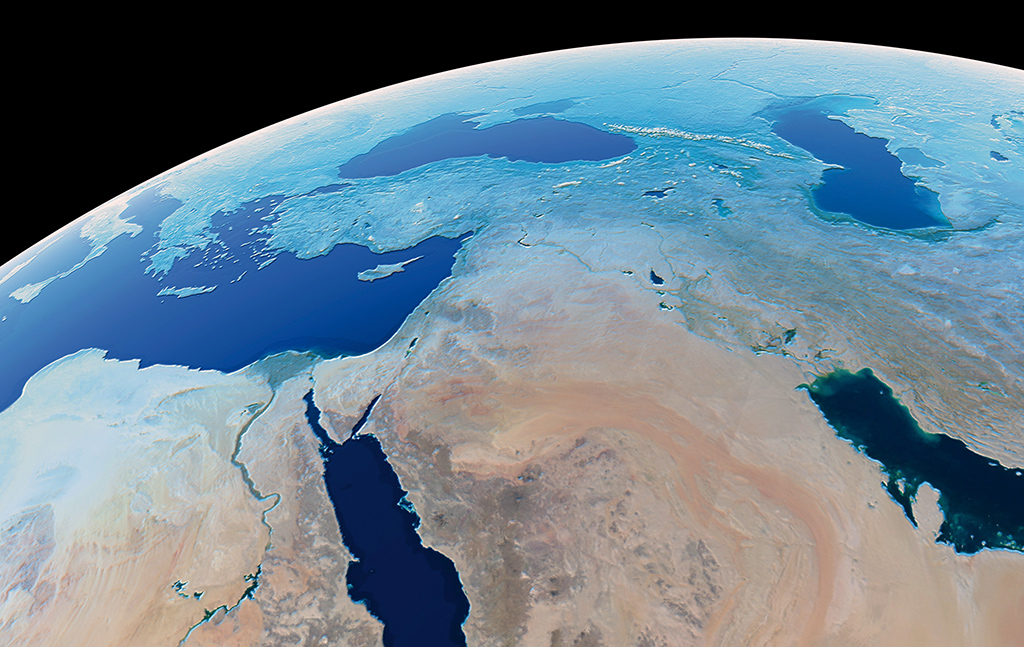Even though there are some differences between American administrations, in general the United States has been trying to invest in the first group. The Trump administration has been following a more clear-cut and polarized regional policy. Trump and his team have been alienating and demonizing Iran. Concurrently, the U.S. has been encouraging the UAE and Saudi Arabia to take measures against Iran. With the support of the U.S. and Israel, the two Gulf countries have been mobilizing other regional countries not only against Iran and its proxies but also against Turkey, Qatar and moderate Islamic movements. As a matter of fact, for this group, Turkey and its regional allies are more threatening than Iran and its proxies, since they believe that they are the main obstacles for the return of the old order.
Although the UAE and Saudi Arabia are quite effective in the larger region, they are unable to establish and maintain the regional order, since they have neither the capacity nor the determination. Furthermore, their intentions are doomed to fail as they aim to establish a regional order without taking into attention the regional realities.
For instance, they turned the Arab Spring into an Arab winter by overthrowing the democratically elected Morsi government in Egypt. They are responsible for the humanitarian crisis in Yemen and for the dismemberment of Libya. Finally, they want to solve the Palestinian question without considering the Palestinian people and to isolate Iran with the support of Israel.
On the other hand, the U.S., who supports the most authoritarian regional states, namely the UAE and Saudi Arabia, began to lose the Middle Eastern hegemony to others. While many observers focus on Russia, China will begin to challenge the American hegemony in the Middle East with its financial, economic and political institutions. In other words, besides Russia, China will also interfere in Middle Eastern affairs. Chinese and Russian dependence on the Middle East has increased more than ever. Therefore, it will be really difficult for the West to maintain its control over regional politics.
Eventually, the establishment of a regional order in the Middle East will be more difficult than ever. While regional powers do not have the capacity to do so, the same can be said for the U.S. as well, considering that the cost of controlling the region will be very high and the American administrations are reluctant to do so. Even the last two attacks against American troops are only a small indication of the rise of anti-American forces. It is important to understand that besides the traditional anti-American forces in the region such as Iran and its proxies, new actors such as Turkey have begun to search for alternative foreign policies, because the U.S. insistently continues to alienate its traditional allies.
[Daily Sabah, 23 January 2019]









